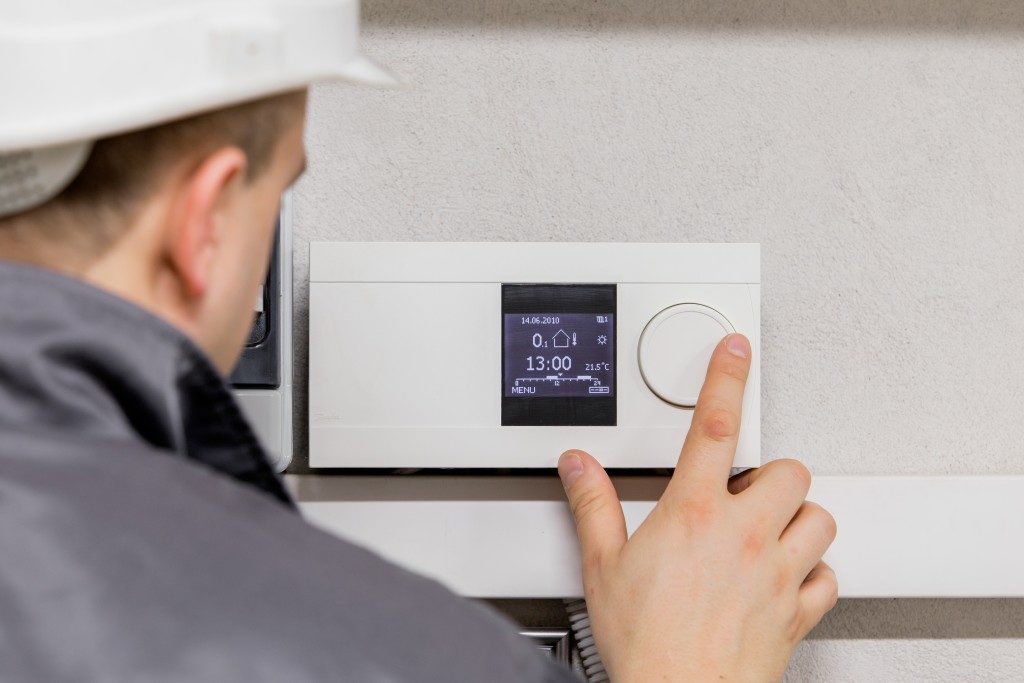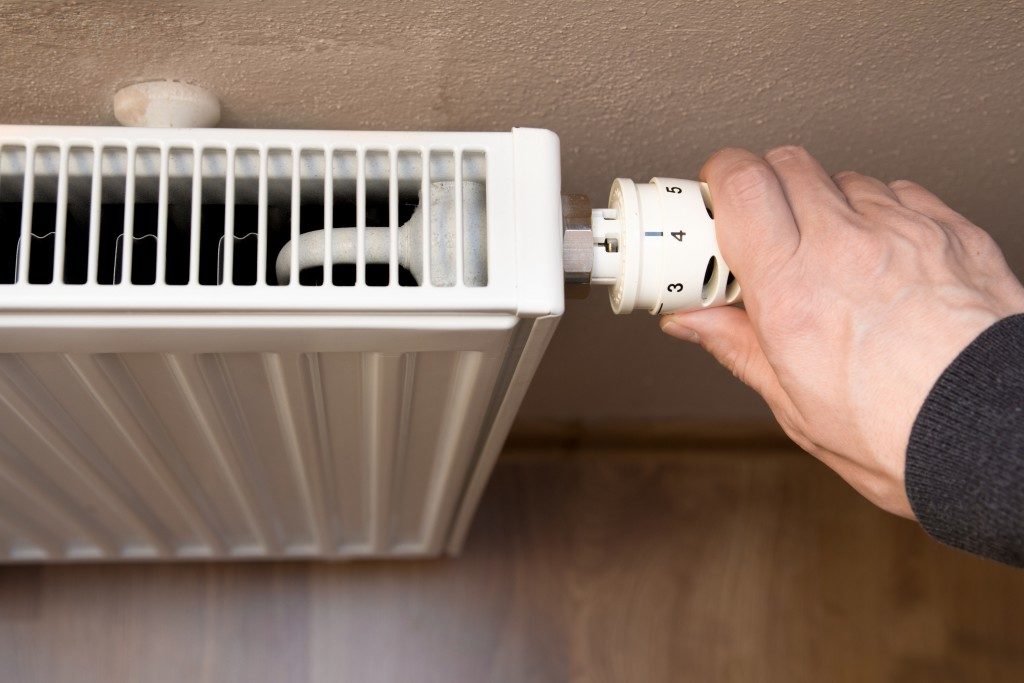It occurs in every house — you wake on an especially cold morning and crank up your thermostat, expecting the heat to come on at any moment, but then you find that it doesn’t. There’s no sound from the system, indicating that it’s starting up and no heat is rising from the radiators or air vents.
The issue could be something simple, which can be fixed inexpensively and quickly, such as a clogged filter or a tripped circuit breaker. On the other hand, it could be costly and more complicated to fix that you ask yourself, “Should I repair the heating system or replace it entirely?” Below are some crucial points to help you decide:
Safety Above Everything Else
If your issue is something that could endanger you, your family, and your home, then the answer is yes. Replacement is probably your best option. If the heat exchanger of your furnace is cracked, hazardous gases like carbon monoxide could easily seep into your air supply, which is something you wouldn’t want to happen. My Buddy The Plumber Heating & Air, LLC and other heating, electric, plumbing, and furnace repair experts also warn that issues like stuck valves or malfunctioning electronics could be repaired.
Consider the Average Service Life
A study conducted by National Association of Home Builders (NAHB) concluded that forced air system furnaces could last between 15 and 20 years, while baseboard and hot water radiator boilers could last between 13 and 21 years. This means that it’s a great idea to date your heating system.
Some HVAC technicians write the installation year somewhere on the unit. You could likewise look for a metal ID plate somewhere near the chamber door. Once you’ve located the ID plate, list down the serial numbers and model then call the customer service line of the manufacturer to learn more about your heating system.
Evaluate the Cost of Replacement vs. Repair
 To do this, you need to consult a reputable heating professional that could help calculate the cost of replacing your system versus repairing its certain components. Typically, the replacement cost would depend on the specific equipment you want to replace your old system with and the size of your home.
To do this, you need to consult a reputable heating professional that could help calculate the cost of replacing your system versus repairing its certain components. Typically, the replacement cost would depend on the specific equipment you want to replace your old system with and the size of your home.
Consider replacing your system if the required repairs would cost you more than a third of the cost of replacement and if the equipment that requires replacement is nearing its average service life.
Consider the Efficiency of Your Heating System
For instance, if your heating system were — let’s say, 20 years old, its Annual Fuel Utilization Efficiency (AFUE) would be around 65% to 70%. The minimum AFUE these days is 80%, meaning that you would burn 10% less fuel, which equates to 10% off your heating bill. However, higher efficiency also means more expensive equipment so do the math first.
The answer to whether you should replace or repair your heating system boils down to its age, life expectancy, repair costs, and estimated replacement costs. With this in mind, it’s best to discuss your concerns with a reputable heating specialist to determine exactly what needs to be done.

